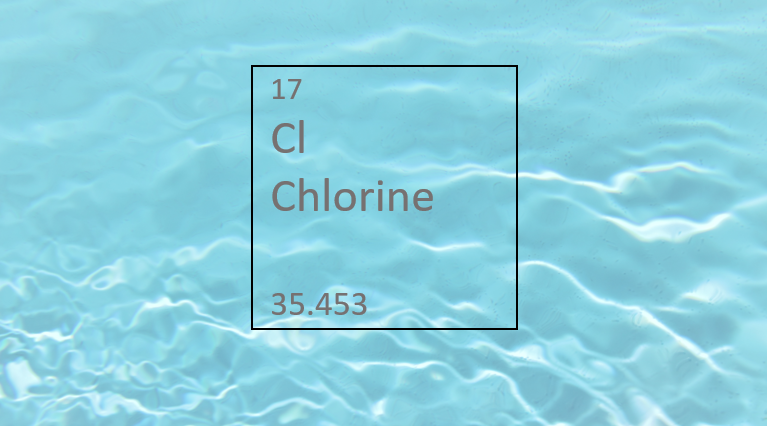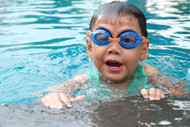Is Your Chlorine Doing its Job?
Jul 19, 2019
All swimming pools whether they’re above or below ground use the chemical chlorine. Its job is to keep algae and bacteria from establishing camp in your pool water. Chlorine is vital in purifying your water from contaminants such as sweat, urine, debris, and dirt and oils from the body. This keeps your pool water balanced and safe for you and your guests.
It is important that you correctly test the levels of chlorine in your swimming pool. Otherwise, you will end up with inaccurate results. Do not take a sample of water that is along the edge of the pool. Your sample should be taken from at least 25 centimeters below the surface.
There’s a variety of different chlorine testing kits available on the market to keep track of your chlorine levels. Purchase one that offers three different types of testing results – the free available chlorine, the combined chlorine, and the total chlorine. You need to test your chlorine levels weekly to prevent problems from occurring that you are not going to want to resolve later. Keeping on top of your chlorine levels will save you money and frustration from trying to resolve the results that can occur.
The free available chlorine is the amount that’s in the water to sanitize it. This is the result that will be the most relevant to you. The combined chlorine level measures the negative compounds in the water. You want your readings to be low in this area. If you get a high reading, then you can be sure that the water in your pool is low on the needed free available chlorine. The total chlorine level is just what it sounds like-the combination of the other two levels.

It is important that you keep your swimming guests safe. When your pool water doesn’t have enough chlorine in it people can become ill from the algae and bacteria that may be in the water. Do not let anyone swim in the water if it is cloudy until you can clear the water up. Don’t take a chance of exposing your guests to waterborne illness. Refer to the CDC (Center for Disease Control) information on the role chlorine plays in preventing sickness.
If your chlorine levels are too high, then your swim guests are also at risk. People can get sick from the chlorine being absorbed into their skin. Their nose and eyes can become irritated and burn due to the strong smell that chlorine gives off. If you smell a strong chlorine smell, then this could be due to not enough chlorine in the water or that it is too acidic. To be certain what the exact cause is you need to be testing weekly to review your results.
It’s also important to buy quality chlorine. The easiest to use and the most common form is tablets. Store these in a cool dry location away from any pets or children. You need to take safety precautions such as eye protection and wearing gloves when handling it due to its potency. If your clothing gets chlorine on it remove immediately and wash them. If chlorine makes contact directly with your skin then wash the area with soap and water for several minutes. While it is a vital part of properly caring for your swimming pool, you need to take precautions and protect yourself.

